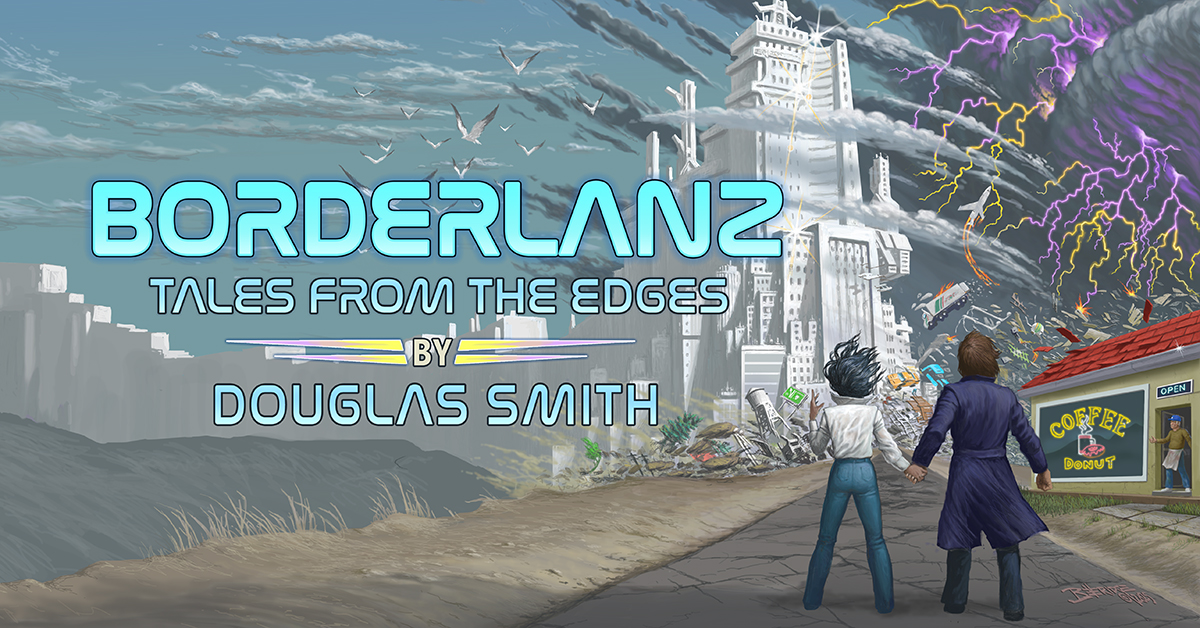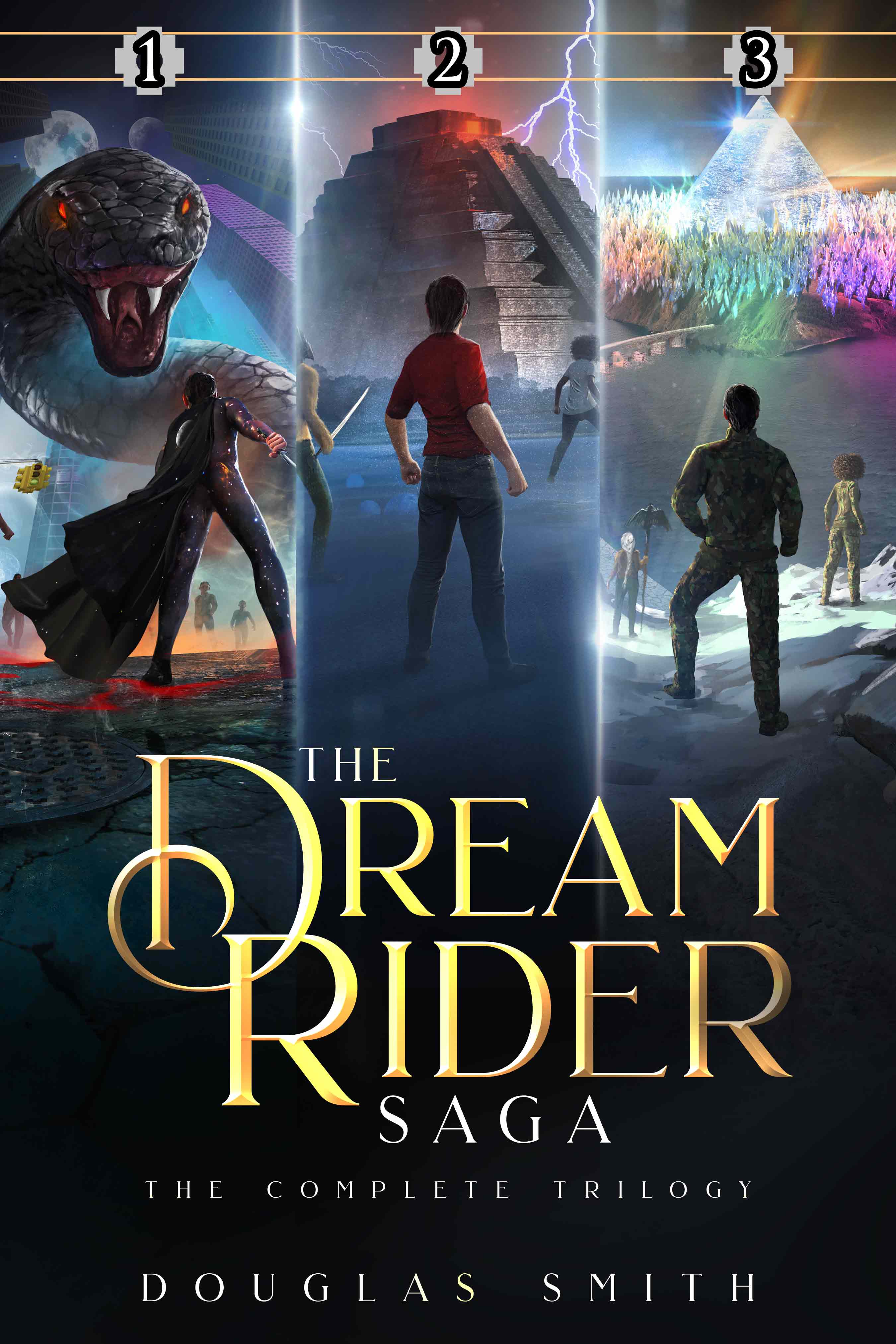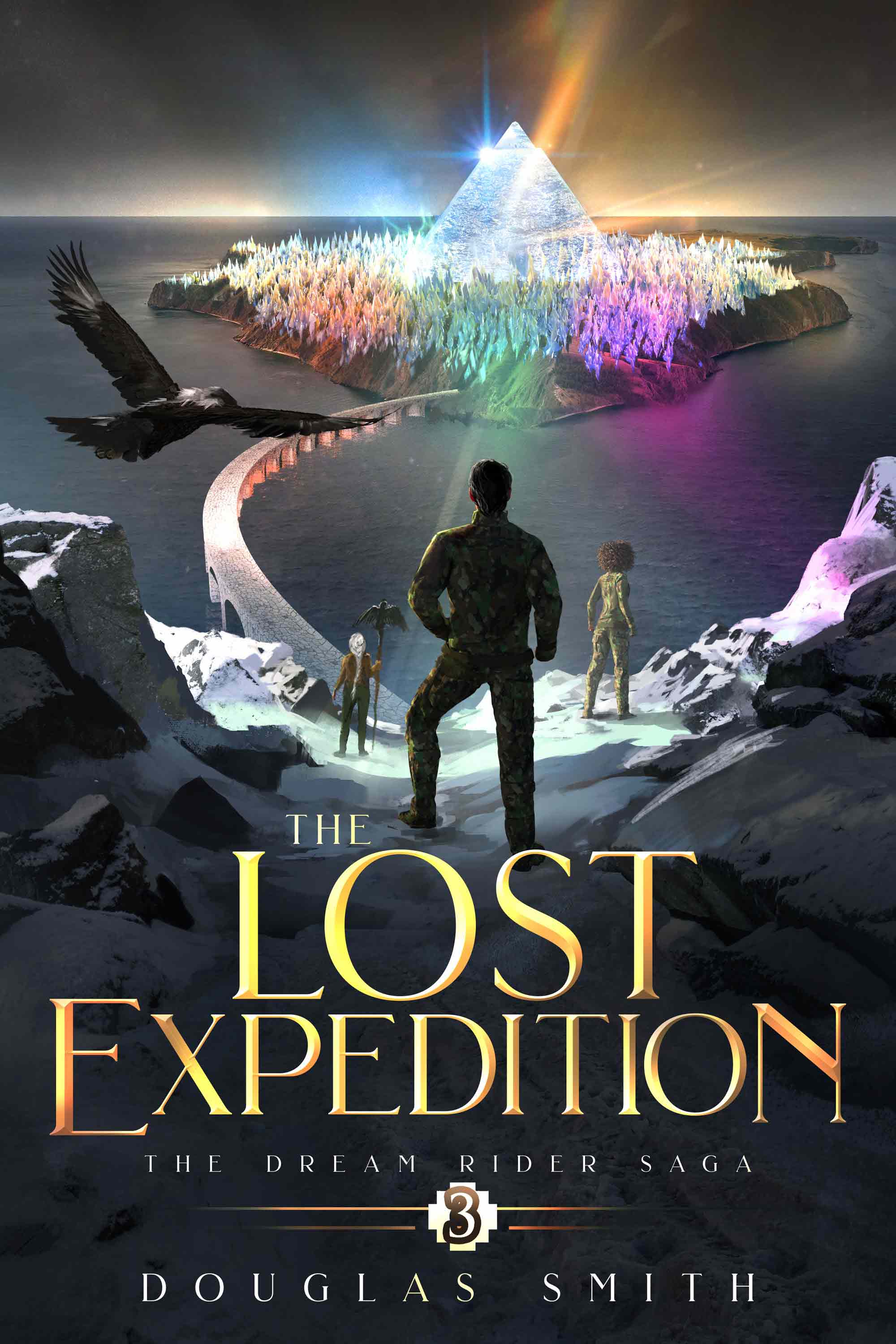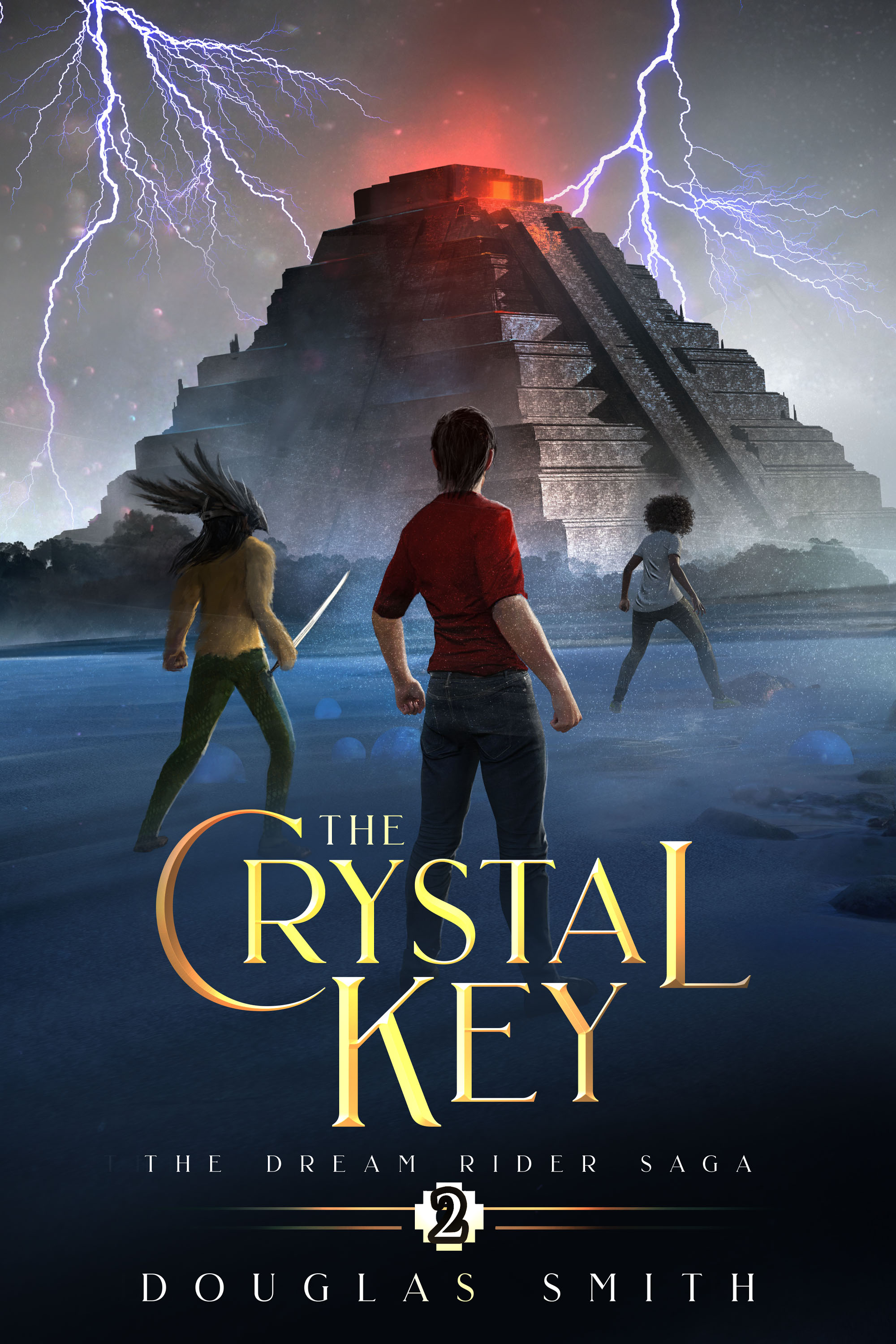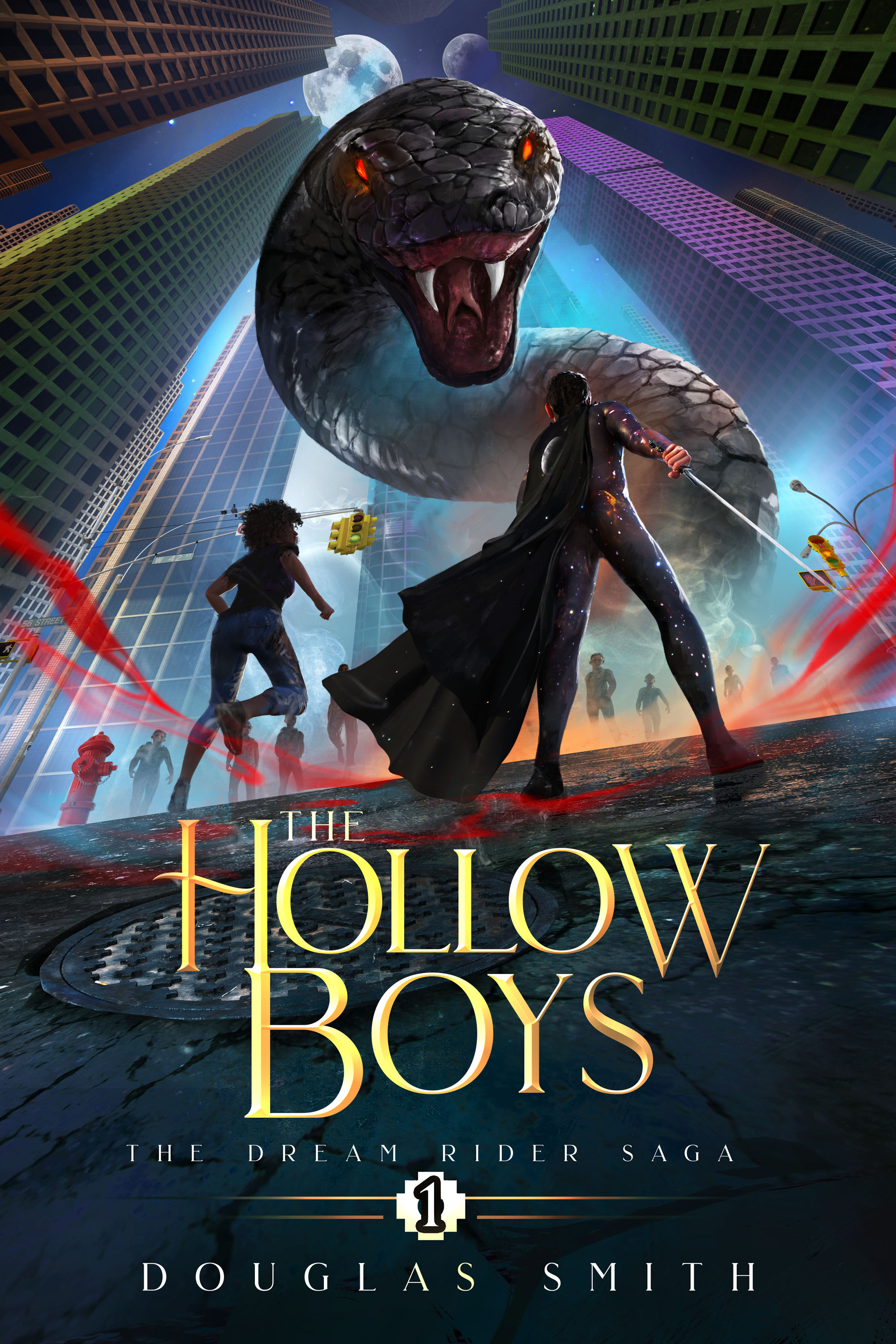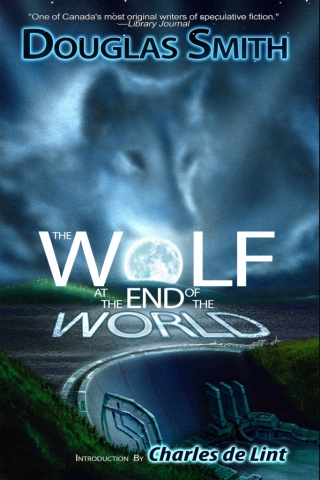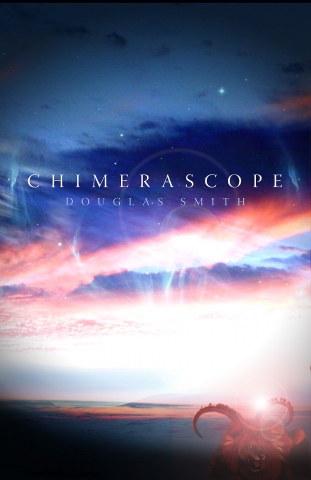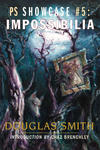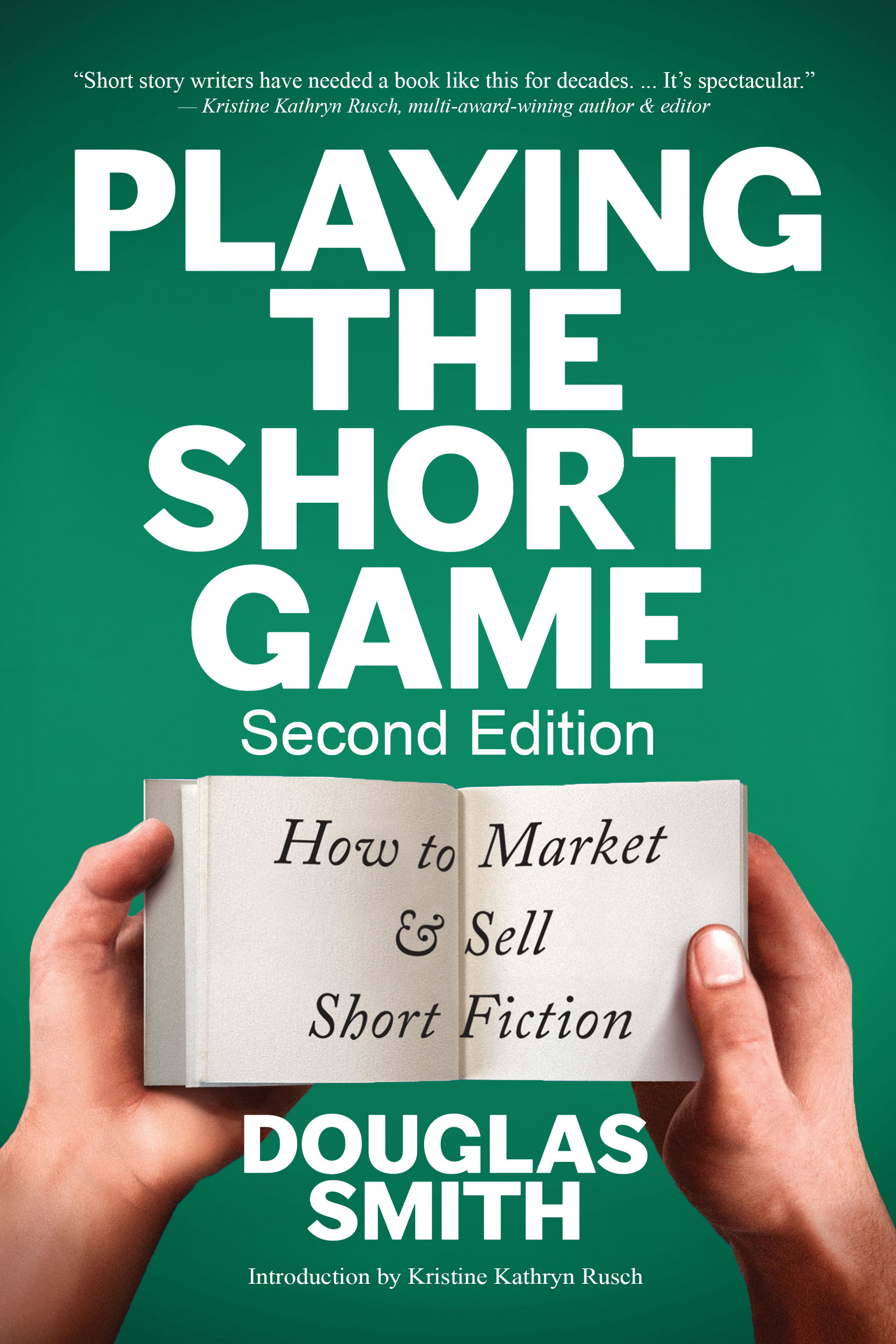Interview: Publishing a collection (part 1 of 3)
Fellow author Krista D. Ball interviewed me recently on my experiences with selling my two collections and with working with small genre presses for both of the books. The discussion went longer than we expected so Krista is posting the interview in three parts on her blog. I've posted part 1 below, or you can check out "Publishing a Short Story Collection" on Krista's blog as well.
Krista's first question: In Chimerascope, most of the stories were at least nominated for Aurora Awards and one was a winner. With a strong list of credits like that, why did you choose to go with a small Canadian press like ChiZine?
True, the stories in Chimerascope have a lot of award credentials. "Scream Angel" won the Aurora, while another nine of the sixteen stories were Aurora finalists. "By Her Hand, She Draws You Down" was also a Best New Horror selection, and several more received honourable mentions in the Year's Best Fantasy & Horror. I could talk similar numbers for my first collection, Impossibilia, which had another Aurora winner ("Spirit Dance") and an Aurora finalist in its three-novelette line-up.
But if I pick up any collection, I'd expect to see award credits for the stories. A collection is supposed to represent an author's best work. But unfortunately, regardless of awards, a "big" publisher will simply not be interested in publishing a collection, unless you are a Name (which I'm not). The strategy for how an author should market a collection changed from when I started writing to when I was ready to market Impossibilia in 2008. And it's changed again since I published Chimerascope just last year, thanks to eBooks and indie publishing options.
When I started writing short stories in the late nineties, the traditional route for a new writer was to build a name in short fiction, then sell a novel to a NYC publisher, and then have that publisher put out your collection once you'd had a few novels out.
That strategy had disappeared by the time I decided to market my first collection in 2007, for a number of reasons. First, collections have never sold as well as novels, and with publishing downturns, it had become even harder to sell a collection to the big NYC houses, even if you were already with them.
Robert J. Sawyer, the multi-award-winning Canadian SF writer and a mentor of mine, pointed out another issue to me at that time. If you sold a collection after you'd had a couple of novels out, the sales dip in the collection would hurt the orders for your next novel, since the chain buyers didn't differentiate between novels and collections. The well-known UK anthologist, Steven Jones, also advised me that a collection was becoming a way for short fiction writers to raise their profile with publishers to help when they were marketing their first novel.
So taking all those points together, my strategy switched completely from the old model of novels first, and a collection later with a big house, to an approach of selling a collection ahead of my first novel and focusing on a reputable small press to do that.
That meant that I needed to decide on which small press for my first collection. I started talking to writer friends who had done collections in the past couple of years regarding who they went with and why, and most importantly, what their experience had been with that small press. This proved to be a critical but depressing step, since it caused me to cross several small presses off my list. I didn't find many happy campers.
I also reviewed the recent awards lists, looking for small presses that showed up regularly. Steve Jones had recommended PS Publishing (UK), and I noted that they were getting a lot of award appearances and positive press. I did some more research, hearing only good things about them. They seemed to be the most prestigious small genre press around. I also knew Nick Gevers, one of their editors, and knew that he liked my work.
So I pitched Pete Crowther (publisher and owner) a full collection. And quickly received a very polite thanks but no thanks. Well, I knew it had been a long shot. I figured that was it, but then I received an email a few days later from PS, offering me, instead of a full collection, a mini-collection of 25-30k words in their "Showcase" series, a brand new line intended to "highlight genre fiction's best up-and-coming writers" (their words, not mine). I said yes (actually, more like "YES!!"), and in 2008, Impossibilia was published, much to my delight. Unlike most collections, Pete wanted new material, but I wanted to include my story, "Spirit Dance," upon which my first novel is based. So we compromised, and Impossibilia contains two new novelettes and "Spirit Dance." The collection picked up two Aurora nominations, one for best long form and one for best story ("Bouquet of Flowers in a Vase, by Van Gogh" -- more on that and the Impossibilia cover later).
A year later, I decided to try pitching a full-length collection again. Although I was completely happy with the job that PS had done with Impossibilia, I wanted my second collection to be more widely available, including a paperback edition (this was late 2008, so ebooks weren't quite the obvious other option yet). The PS business model aims at collectors and the book as a physical artefact: very high quality production, hardcover and jacketed hardcover editions only, limited print runs of numbered, signed editions--but no retail distribution (beyond being able to order via Amazon).
As I was considering my options, Brett Savory and Sandra Kasturi of Chiarascuro Magazine fame, announced that they were starting ChiZine Publications. Brett and Sandra have been friends of mine for years, and I had high regard for their editorial taste and publishing industry acumen, as well as the early list of authors they had lined up. In addition, they were expecting to have retail bookstore distribution in Canada and the US very soon (they did, and added the UK and eBook editions as well). Plus their model would focus on larger print runs of trade paperbacks for the bookstores (in addition to limited edition hardcovers based on pre-orders only). So I pitched them a full collection. Chimerascope came out in early 2010, and I've been 100% happy with the result. I provide more details on working with both PS and CZP in my answer to the third question below.
(Parts 2 and 3 will be posted over the next few days. Please feel free to comment or post questions.)
